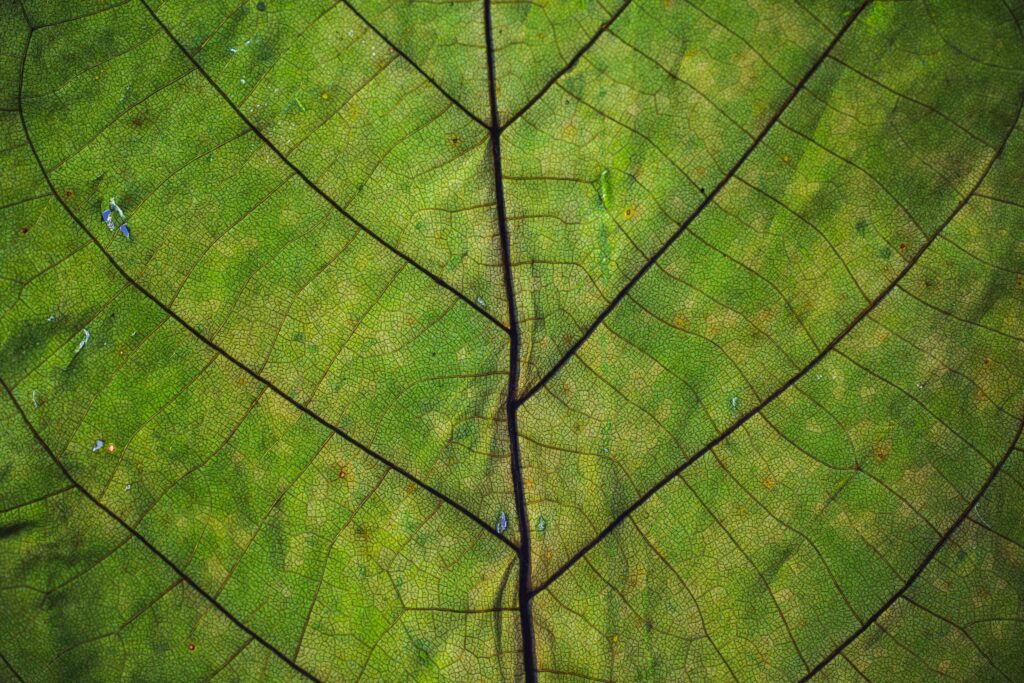There is an increasing interest in plastics, both as a resource and as a pollutant. Climate change and environmental concerns have boosted the development of various types of biodegradable plastics. Biodegradable and compostable plastics appear in new products, creating challenges regarding handling and waste treatment. Biodegradable plastics are rarely degraded so quickly and completely that the products disappear in nature, and the label may encourage people think otherwise, enhancing their littering. Biodegradable plastics cannot be recycled and must be kept out of recycling waste streams that have been carefully established and benefit from a broad industrial and commercial participation.
The use of biodegradable plastics spans from disposable containers for food/drink, serviceware and wipes, via waste bags for organic waste collected for biogas production, to agricultural films used to cover soil during vegetable production. The recently adopted EU directive on use of non-degradable plastics likely will lead to large increases in the use of such biodegradable alternatives. Waste and recycling companies are poorly prepared for such a transition, as is the public, which is likely to struggle in keeping a plethora of products and their waste separation apart.
The present project will study the degradation of selected products and materials in soil and compost, describing decomposition requirements and fate during poor and well managed end-of-life treatment. A key question will be to determine the extent of complete degradation, as opposed to fragmentation and accumulation of non-degraded or non-degradable degradable residues. We will also depict costs/benefits and environmental consequences of increased use of selected products and materials for environment, climate, industry and commerce for contrasting scenarios of an early adaptation period.




